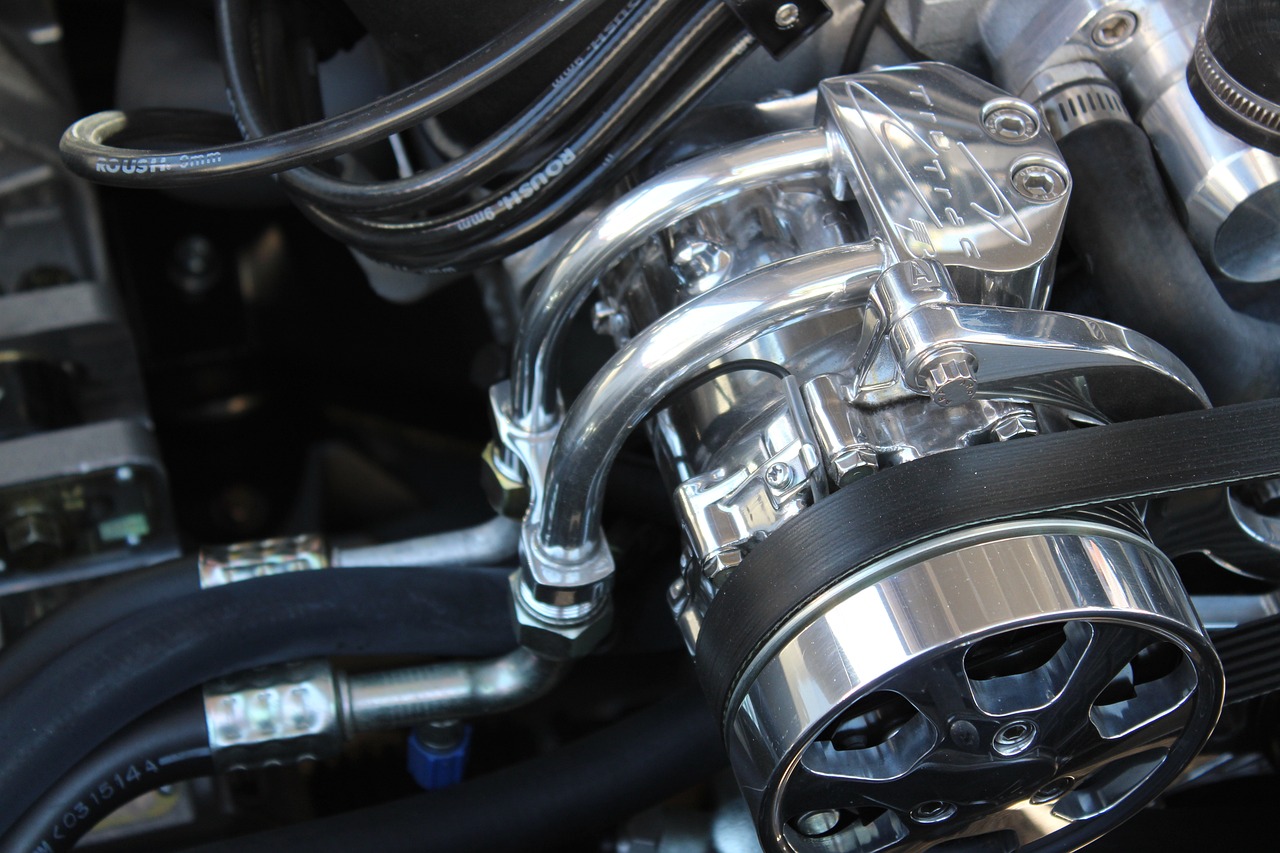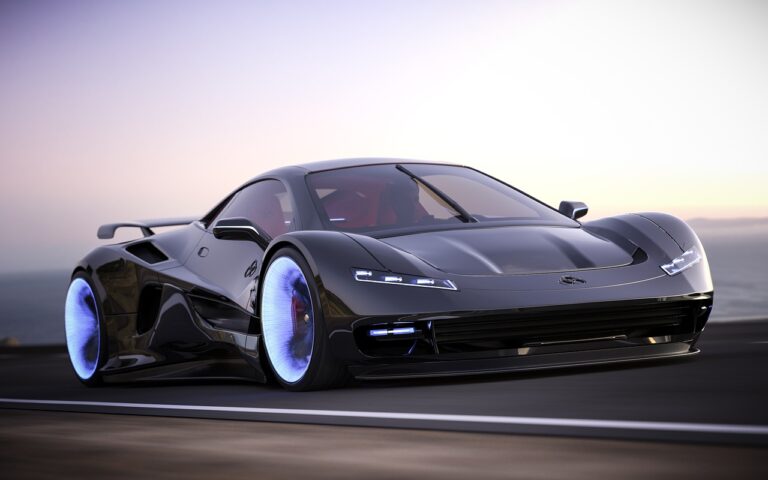Automotive Industry and the Digital Age
With the rapid advancements in technology, the automotive industry has witnessed a significant transformation in vehicle design and manufacturing processes. Cutting-edge technologies such as 3D printing, virtual reality, and augmented reality have revolutionized the way cars are conceptualized, designed, and produced. These innovative tools allow automakers to create intricate designs with unprecedented precision and efficiency, leading to the development of more aerodynamic and fuel-efficient vehicles.
Moreover, the integration of artificial intelligence and robotics has streamlined the manufacturing process, enhancing productivity and accuracy on the assembly line. Automation technologies have enabled car manufacturers to reduce production time and costs while ensuring the quality and consistency of each vehicle. With the adoption of smart manufacturing systems, carmakers can now optimize their production processes, minimize waste, and respond quickly to changing market demands.
The Rise of Electric Vehicles in the Market
As the automotive industry continues to evolve, there has been a significant rise in the popularity and demand for electric vehicles (EVs) in the market. This surge can be attributed to the increasing awareness of environmental concerns and the push towards sustainable transportation options. With advancements in battery technology and infrastructure development for charging stations, consumers are becoming more inclined to make the switch to electric vehicles as a greener alternative to traditional gasoline-powered cars.
Beyond environmental considerations, the performance and efficiency of electric vehicles have also improved significantly over the years. Modern EVs offer impressive acceleration, quiet operation, and lower maintenance costs compared to internal combustion engine vehicles. As automakers invest more resources into research and development of electric vehicle technology, we can expect to see a continued growth in the market share of EVs and a shift towards a more sustainable future in the automotive industry.
As the range of electric vehicles continues to improve, consumers are gaining confidence in their ability to meet their daily transportation needs.
Government incentives and subsidies for electric vehicle purchases are making them more affordable and accessible to a wider range of consumers.
The growing network of charging stations across the country is alleviating concerns about range anxiety and making EV ownership more convenient.
Automakers are expanding their electric vehicle lineup to cater to different market segments, from compact city cars to luxury SUVs.
The Role of Artificial Intelligence in Self-Driving Cars
Artificial Intelligence (AI) plays a pivotal role in the advancement of self-driving cars. Through sophisticated algorithms and machine learning capabilities, AI enables these autonomous vehicles to perceive their surroundings, make decisions, and navigate the roads without human intervention. By utilizing sensors such as cameras, radars, and LiDAR systems, AI processes vast amounts of real-time data to ensure safe and efficient driving.
Moreover, AI enhances the predictive abilities of self-driving cars by analyzing patterns in traffic flow, weather conditions, and obstacles on the road. This predictive modeling enables autonomous vehicles to anticipate and proactively respond to potential hazards, thus reducing the likelihood of accidents and improving overall road safety. In essence, the integration of AI in self-driving cars not only revolutionizes the way we perceive transportation but also sets a new standard for the future of mobility.
What impact does technology have on vehicle design and manufacturing?
Technology has revolutionized the way vehicles are designed and manufactured, allowing for more efficient processes and innovative features to be incorporated.
How are electric vehicles changing the automotive market?
Electric vehicles are becoming increasingly popular due to their environmental benefits and cost savings on fuel. As a result, they are reshaping the automotive market and becoming a viable alternative to traditional gasoline-powered vehicles.
What role does artificial intelligence play in self-driving cars?
Artificial intelligence is essential for the operation of self-driving cars, as it allows the vehicles to make real-time decisions and navigate roads safely without human intervention. AI technology also enables self-driving cars to adapt to changing road conditions and traffic patterns.







